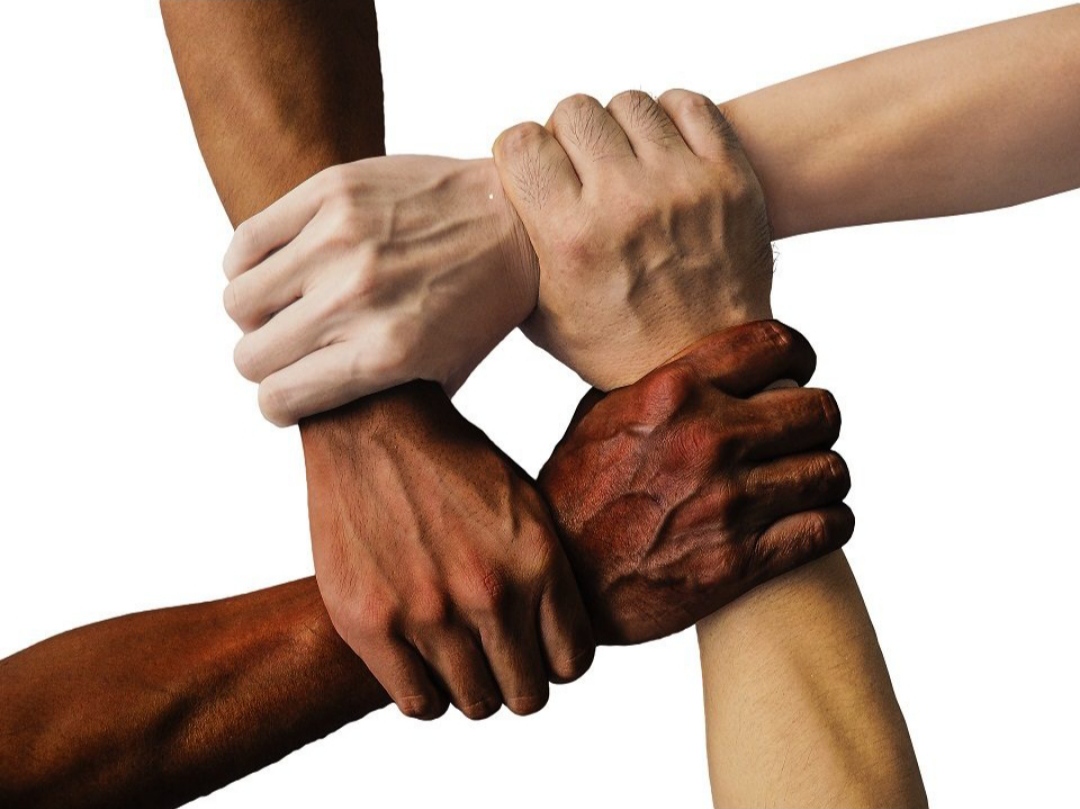In a world fraught with conflict and discord, the refusal to accept diverse perspectives often fuels division. By valuing and celebrating our differences—rather than clinging to a singular ideology—we can transcend monotony and embrace a richer, more fulfilling existence.
By Syed Mustafa Ahmad
Diversity is often described as the very spice of life, infusing richness and flavor into our existence. The rigid adherence to the status quo and the pursuit of uniformity are fundamentally opposed to the grand principles upheld by intellectuals across time and space. Embracing the vast array of differences that surround us—whether they be in the microscopic realm of subatomic particles or the colossal expanse of galaxies—is a powerful testament to the futility of a “one size fits all” mentality. This diversity, which is inherent in the fabric of the universe, is evident in every facet of existence, challenging us to move beyond simplistic, monolithic perspectives.
James Kirkup, in his poem “No Men Are Foreign,” eloquently illustrates that while human beings and the world around us may appear similar on the surface, they are fundamentally unique in countless ways. He argues against discrimination based on superficial differences, advocating instead for an appreciation of diversity as a divine gift that enriches our world. This sentiment is echoed by figures such as William Wordsworth, John Keats, Jawaharlal Nehru, and Oliver Goldsmith, each of whom has celebrated the multifaceted nature of our world in their own way. Goldsmith proudly identifies himself as a “citizen of the world,” while Nehru cherishes the diverse historical epochs of India. Wordsworth’s poetry brings vibrancy to an otherwise mundane existence, challenging the monotonous norm. Will Durant’s historical analyses reveal how cultural exchanges have shaped and enriched civilizations, underscoring the importance of diversity.
Conversely, ignoring the inherent variety in our lives leads to stagnation and monotony. When uniformity prevails and ideological homogeneity is enforced, the expansive and dynamic world is reduced to a bland, unremarkable state. Such an environment breeds stagnation and apathy, where individuals are unable to distinguish between life and death, creativity and drudgery. The sweetness of life is tainted by the toxicity of monotony when we resist embracing the new and the diverse.
In today’s world, conflicts and discord are rampant, often stemming from a rigid adherence to singular ideologies and an aversion to diversity. Daily, we witness violent clashes fueled by an inability to accept differing viewpoints. Many people are conditioned to believe that embracing diversity requires excessive effort and compromise. Instead of enduring these challenging but enriching processes, some retreat into the comfort of false orthodoxies and mythical beliefs, ignoring the realities of human experience. Social media platforms are rife with examples of individuals who, despite espousing diversity, stubbornly insist that their perspectives are the sole truth, revealing a profound ignorance of the very concept they claim to champion.
To lead a fulfilling and harmonious life, it is crucial to balance adherence to tradition with a celebration of diversity. Rejecting the notion of “one size fits all” is a vital step in this direction. Maulana Wahid-Ud-Din Khan suggests that every ideology and modern belief system holds some degree of legitimacy. Evaluating them on their merits rather than dismissing them outright opens the door to productive discussions and constructive dialogue. This perspective aligns with Oliver Goldsmith’s vision of multilateralism and plurality, emphasizing the need to dispel the cobwebs of monotony and embrace a richer, more varied existence.
Respecting differing views and beliefs is essential for progress. Osho asserts that diversity is the lifeline of our world and that allowing others to express their ideas can lead to profound relief and understanding. As technology advances and our communication becomes increasingly scrutinized, it is imperative to remain open-minded and recognize that different perspectives hold value. Instead of imposing our own views on others, we should strive to demonstrate how embracing diversity is a noble and necessary pursuit. Though the path may be arduous and fraught with challenges, the ultimate reward is the profound satisfaction of aligning with the greater good and achieving a sense of universal contentment.
The views expressed in this article are solely those of the author and do not necessarily reflect the opinions or views of this Magazine.


Leave a Reply